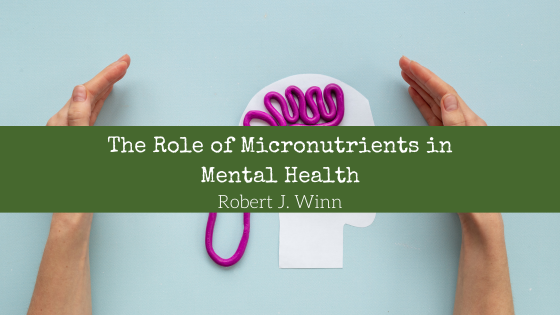A variety of factors, including genetics, environment, and lifestyle, influence mental health. One often overlooked aspect is nutrition, particularly the role of micronutrients. Vitamins and minerals play crucial roles in brain function and emotional well-being. This article explores how key micronutrients contribute to mental health.
The Importance of B Vitamins
B vitamins, including B1 (thiamine), B6 (pyridoxine), B9 (folate), and B12 (cobalamin), are vital for maintaining mental health. These vitamins are involved in neurotransmitter synthesis, which is crucial for mood regulation. For instance, B6 is necessary for the production of serotonin and dopamine, neurotransmitters that affect mood, sleep, and anxiety levels. Folate and B12 are essential for the methylation process, which impacts the production and regulation of neurotransmitters. Deficiencies in these vitamins have been linked to depression, fatigue, and cognitive decline.
The Role of Vitamin D
Vitamin D, often referred to as the “sunshine vitamin,” is crucial for mental health. It helps regulate the production of serotonin and dopamine, which are critical for mood stabilization. Low levels of vitamin D have been associated with an increased risk of depression, anxiety, and seasonal affective disorder (SAD). Adequate sun exposure and dietary sources such as fatty fish, fortified dairy products, and supplements can help maintain healthy vitamin D levels.
Omega-3 Fatty Acids
Omega-3 fatty acids are essential for brain health, particularly eicosapentaenoic acid (EPA) and docosahexaenoic acid (DHA). These fatty acids are components of cell membranes in the brain and play a role in anti-inflammatory processes. Studies have shown that omega-3 supplementation can reduce symptoms of depression and anxiety. Fatty fish like salmon, mackerel, sardines, flaxseeds, and walnuts are excellent sources of omega-3s.
The Impact of Magnesium
Magnesium is involved in over 300 biochemical reactions in the body, including those that regulate the nervous system. It plays a role in neurotransmitter function and can help reduce symptoms of anxiety and depression. Low magnesium levels are often associated with increased stress and mood disorders. Foods rich in magnesium include leafy green vegetables, nuts, seeds, and whole grains.
Zinc and Mental Health
Zinc is another critical micronutrient for mental health. It is involved in neurotransmitter activity, brain function, and the regulation of the immune response. Zinc deficiency has been linked to mood disorders such as depression and anxiety. Including zinc-rich foods like meat, shellfish, legumes, and seeds in your diet can support mental well-being.
Iron and Cognitive Function
Iron is essential for oxygen transport and energy production in the brain. It also plays a role in neurotransmitter synthesis and cognitive function. Iron deficiency can lead to symptoms such as fatigue, irritability, and cognitive impairment. Ensuring adequate iron intake through sources like red meat, poultry, beans, and fortified cereals can help maintain optimal brain function.
Micronutrients play a significant role in maintaining mental health. Ensuring a balanced diet rich in vitamins and minerals can support brain function, improve mood, and reduce the risk of mental health disorders. Paying attention to your nutritional intake can positively impact your mental well-being and overall quality of life.

